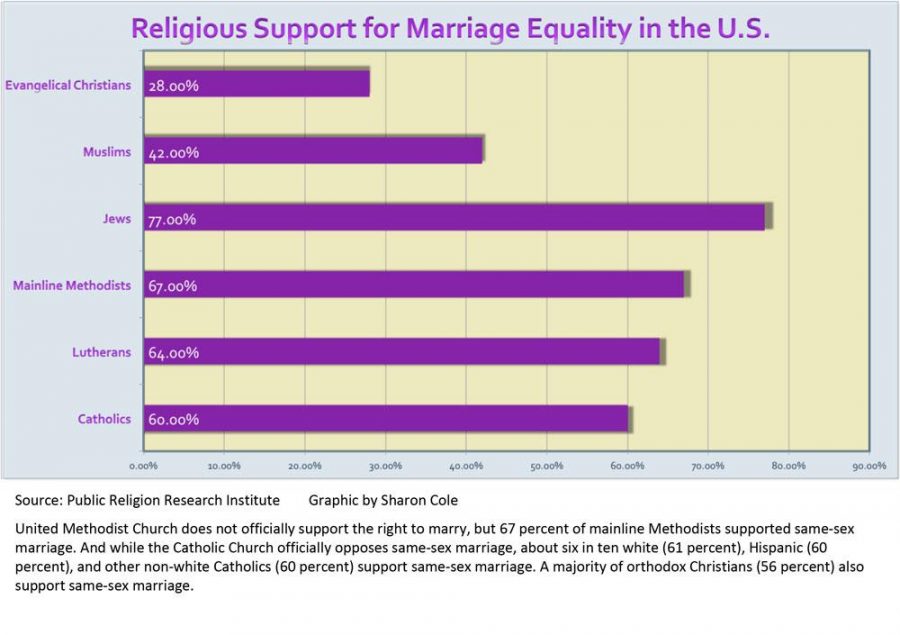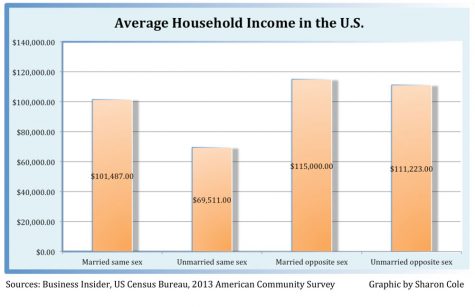All or None
Wayne County Clerk magistrate refused to perform wedding ceremonies
September 30, 2015
Where does the state of Nebraska and Wayne County stand with giving same-sex marriage ceremonies?
Nebraska is taking heat. Some of the state’s county magistrates are not conducting marriage ceremonies, including Wayne’s. Kimberly Hansen, clerk magistrate for Wayne County Court, told the Wayne Herald in July that she will no longer perform any wedding ceremonies at the courthouse.
Some residents have wondered if Wayne will continue to issue marriage licenses.
“The County will issue marriage licenses to all couples, and nothing has changed in the process aside from the documents,” Wayne County Clerk Deb Finn said. “It’s business as usual. This is my job, and we will issue the licenses.”
Hansen declined to abide by the Nebraska Judicial Ethics Committee opinion, which said that a judge or clerk magistrate cannot refuse to perform marriages for same-sex couples based on religious beliefs that marriage is between one man and one woman.
The opinion partially read: “When the U. S. Supreme Court’s decision in Obergefell v. Hodges takes effect, a judge or clerk magistrate may not refuse to perform a same-sex marriage notwithstanding the judge’s or clerk’s personal or religious belief that marriage is between one man and one woman.”
The court also ruled that “a judge or clerk magistrate may avoid such personal or religious conflicts by refusing to perform all marriages, because the performance of marriage ceremonies is an extra-judicial activity and not a mandatory duty.”
In essence, the court mandated that judges or clerk magistrates either perform all marriages or no marriages.
The issue of same-sex marriage has been getting more controversial as clerk magistrates across the U.S. have refused to conduct marriage ceremonies to same-sex couples. People going to courthouses in some parts of the country are finding they have to travel to another county to get a ceremony conducted for their marriages.
Same-sex marriage was legalized nationally on June 26 by the United States Supreme Court.









